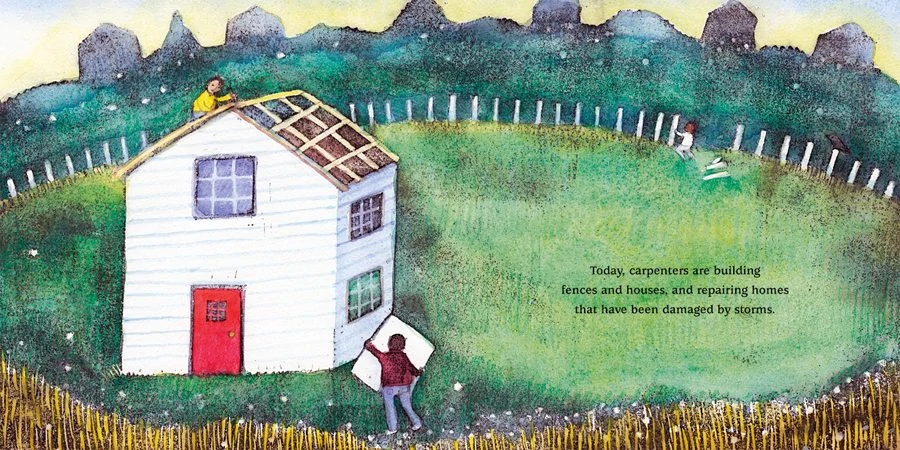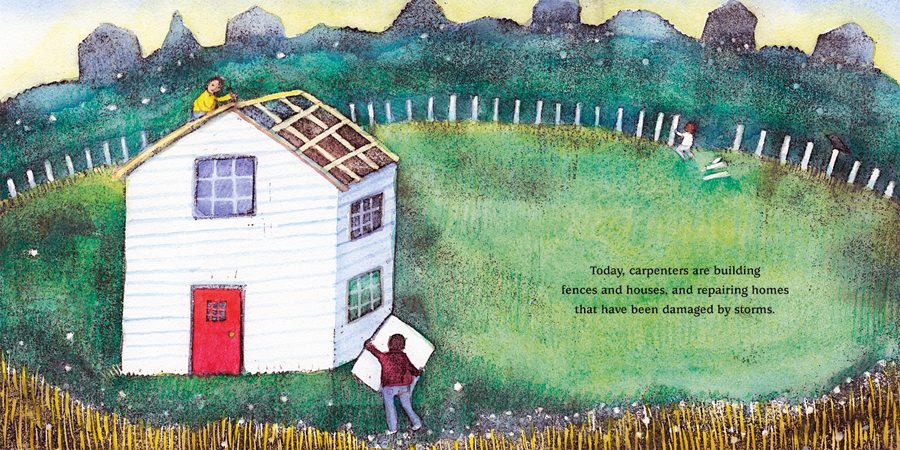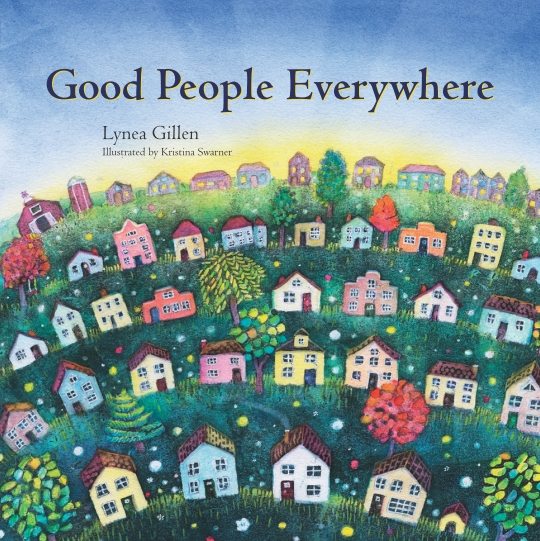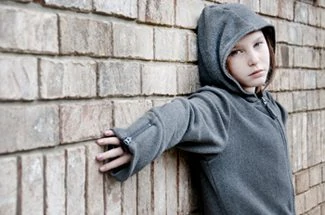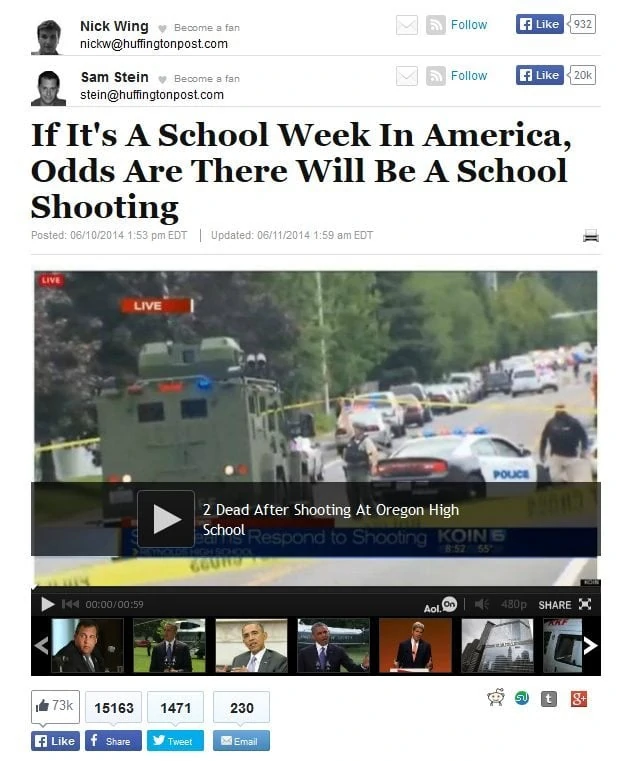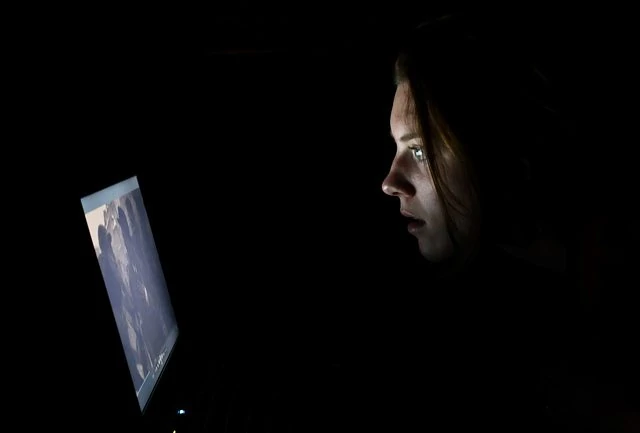What do you tell a child when a horrific event like the Colorado theater shooting happens? Many parents are asking, just as the host of AM Northwest asked Lynea during her recent appearance on the program. (You can watch the full interview here.)
Helping soothe children in troubling times was one of the main motivations for Lynea writing her new book Good People Everywhere. Just as important was her desire to remind us that the world really is a good place and there are many people to help us when bad things happen.
In a world of 24/7 news coverage, where every bad event is amplified, it’s more important than ever, says Lynea, to focus on what’s being done to help the situation. Children need to be taught, reminded and reassured that for every disaster or tragedy, multitudes come together to help one another. Some may even say that as bad as tragedies are, they remind us of our common humanity. For all their power to hurt, they also have power to bring out the best in human nature.
Fortunately, we don’t need the horrific to do this.
By making a practice of recognizing the good in life and looking for the good things people do in the world on an ongoing basis, we prepare our children for the inevitable challenges and losses life brings. Within this healthier worldview, the loss of a pet, the death of a grandparent, a natural disaster or even a shooting can be understood.
And with this perspective, we are more likely to focus on how we can help others in times of need.
One way to get started nurturing this understanding with your children and students is with things like the Good People activity sheets included with Lynea’s book. You can also download them for free at www.threepebblepress.com.
Here are some more ways you can help children during tragedies like the one that’s unfolded in Aurora:
- As much as possible, stay calm. Don’t go into a hyper-alert state.
- Answer their questions directly but don’t elaborate. Adults often tell more than a child is ready to hear or able to understand. Answer only the question they ask, then wait to see if they have more questions.
- In her counseling work with children, Lynea often explains that there are many ways to get sick: Some people get sick in their stomach or lungs or heart; some get sick in their minds. When people have an illness that affects their minds, they don’t think well. It’s sad for everyone when this happens. The child may ask how someone can get an illness in their mind. You can say that we don’t always know, but if we take good care of our bodies, minds and hearts, we can help prevent it. You can also tell them that there are many doctors who are helping people heal and that we continue to find new ways to help people who get sick.
- Acknowledge their feelings of sorrow and confusion, then remind them that people are strong and resilient, and that right now many good people are helping those who are hurt. Most of the time we can prevent bad things from happening, but sometimes we can’t. What we can do, always, is help people heal from these events.
- Tell the children about specific ways people are helping: people who hold prayer vigils, our president sitting and crying with the families affected…. There are even people who have brought food to the parents of the man accused of the shooting, because they are in pain, too. This is how we help each other heal.
- It’s ok for your child to see you cry. You can tell young children that you are washing the sad feelings out of your heart. You can tell older ones that crying is one of the ways our bodies help heal us. It’s important, though, to let your children know that you are strong and don’t need them to take care of you. You can model how to have compassion and sorrow, and also be strong. In fact, people who release their emotions are healthier than those who bottle them up.
- Limit the amount of time you watch the news or talk about the event. The news is often reported with a tone of emergency, and children pick up on this. It can frighten them.
- If you talk about the event in front of your children, spend as much time speaking about the healing efforts as you do about the tragedy. Choose calming, grounding activities to help your child come back to a feeling of safety.
- The questions may keep coming for several days or even months. You may see young children acting out the scenario in their play. This is how they process. Allow the play and continue to remind them about the healing efforts. If your child seems unable to be comforted, seek help from a professional counselor.
Learn more about these tips from Lynea’s segment on AM Northwest, “Helping Your Child Deal with Trauma.”

